Léon appeal to CAS rejected
Léon Appeal to CAS Rejected Ban Upheld Amid Doping Controversy
In a decisive ruling that has sent shockwaves through the international sports community, the Court of Arbitration for Sport (CAS) has officially rejected the appeal filed by Mexican swimmer Jorge Iga Léon, effectively upholding his suspension from international competition. The decision stems from a doping violation that occurred last year, and this verdict now dashes Léon’s hopes of participating in upcoming global events, including the Paris 2024 Olympic Games. The verdict reinforces the anti doping standards maintained by global sports authorities and signals that high profile athletes will be held strictly accountable regardless of stature or nationality.
Léon, a prominent freestyle swimmer and national record holder for Mexico, had tested positive for a banned substance during a routine out of competition test conducted by the World Anti Doping Agency (WADA) in late 2023. While the exact substance was not officially disclosed, insiders close to the investigation suggest it was a performance enhancing compound that appears on WADA’s Prohibited List under anabolic agents. Following the test results, Léon was handed a two year ban by FINA (World Aquatics), which he immediately appealed, arguing procedural mishandling and unintentional ingestion.
In his defense before the CAS, Léon maintained that the substance may have entered his system through contaminated supplements, a claim not uncommon in doping cases. His legal team argued for a reduced sentence or full exoneration, citing a lack of intent and insufficient educational support about supplement safety. However, CAS remained unconvinced by the evidence, emphasizing in its ruling that athletes bear strict liability for any substance found in their body regardless of how it entered. The panel also noted that Léon failed to provide compelling documentation or lab verification proving his contamination theory.
The CAS decision has drawn mixed reactions. While anti doping officials and clean sport advocates applauded the ruling as a win for integrity, others within the Mexican sporting community expressed disappointment. Léon, who has been a standout figure in Latin American swimming and a role model for younger athletes, was widely seen as Mexico’s top hope for an Olympic swimming medal in Paris. The ruling not only ends that dream but could significantly impact his long term career prospects, sponsorships, and public image.
World Aquatics, the sport's international governing body, welcomed the CAS ruling, reiterating its zero tolerance approach toward doping violations. “This decision reinforces the message that clean sport is non negotiable,” the organization said in a statement, adding that athletes must take full responsibility for every product they consume. WADA echoed similar sentiments, stressing that the ruling should serve as a deterrent to athletes who think they can bypass the system or rely on appeals as a way to escape accountability.
Léon has expressed deep disappointment at the outcome but said he would respect the decision. In a statement posted on his official social media, he wrote, “I have always trained with honesty and pride for my country. Though I disagree with this verdict, I accept it and will use this time to reflect, learn, and come back stronger when allowed.” The statement was met with an outpouring of support from fans, though some critics urged greater transparency about the circumstances leading to the violation.
Legal experts familiar with CAS proceedings suggest that the door is now closed for further appeal, barring new evidence. The two year suspension is backdated to the date of his provisional suspension, meaning Léon will be eligible to return to competition in early 2026 too late for Paris 2024 but potentially in time for the 2026 World Aquatics Championships. if he can regain competitive form and public trust by then remains uncertain.
Beyond the personal ramifications for Léon, the case has reignited debate within the sports world about the need for better athlete education regarding supplement safety, anti doping policies, and the responsibilities elite athletes carry. With more nations investing heavily in Olympic preparation, the case serves as a reminder that integrity, not just talent, determines the legacy of an athlete on the world stage.
The rejection of Léon's appeal marks another high profile instance of sport’s governing bodies sending a clear message doping violations will not be tolerated, and the standards for professional athletes remain unequivocally high. As the countdown to the Paris Olympics continues, clean sport advocates are hailing the CAS decision as a timely affirmation of the system’s credibility.



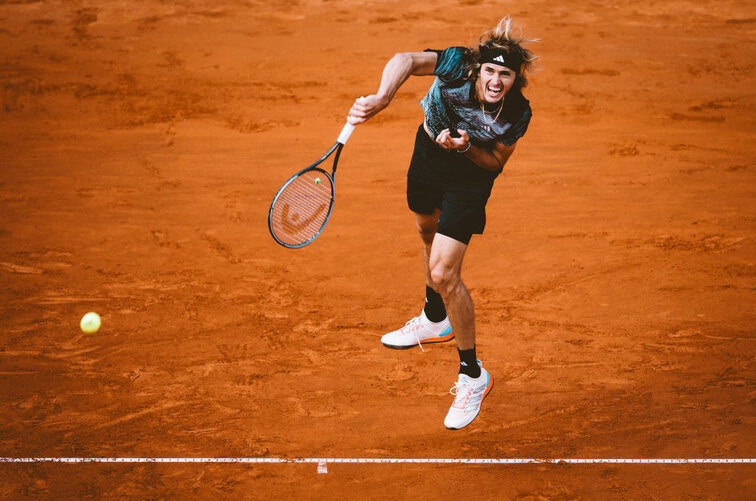

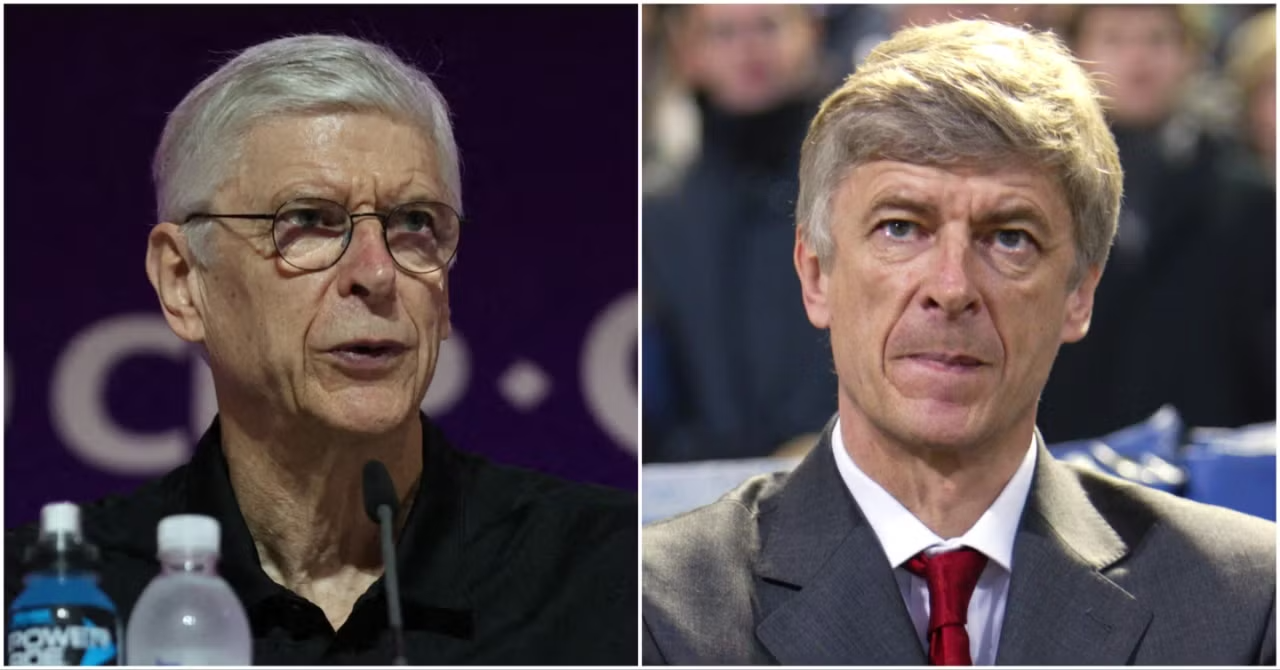
 Alpine comet 3I/ATLAS spotted, third interstellar object recorded in solar system
Alpine comet 3I/ATLAS spotted, third interstellar object recorded in solar system 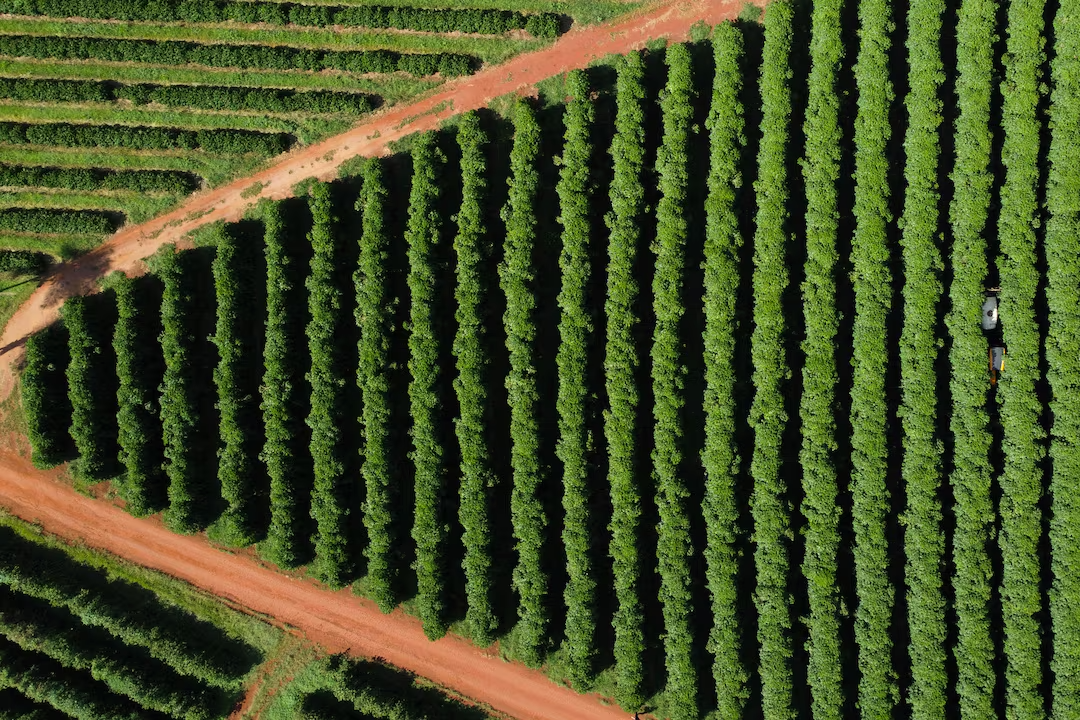 Reuters New tariff drama rattles global markets
Reuters New tariff drama rattles global markets 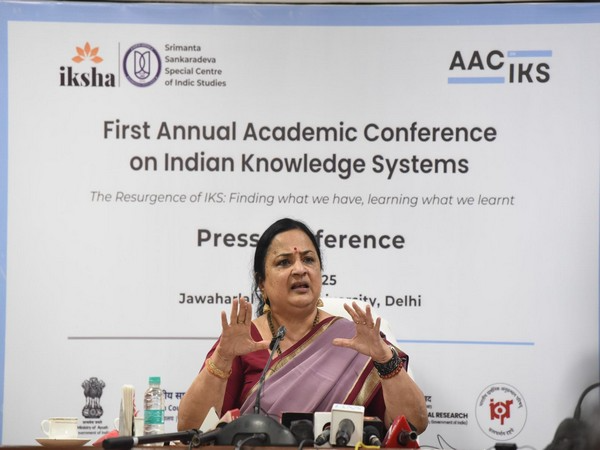 JNU hosts inaugural Indian Knowledge Systems conference
JNU hosts inaugural Indian Knowledge Systems conference  Russia says ties with U.S. remain positive despite inconsistent Washington policies
Russia says ties with U.S. remain positive despite inconsistent Washington policies 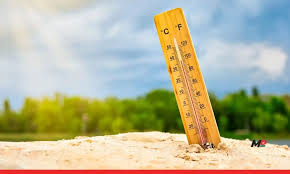 Nationwide Heatwave Alerts Issued Amidst Soaring Temperatures
Nationwide Heatwave Alerts Issued Amidst Soaring Temperatures